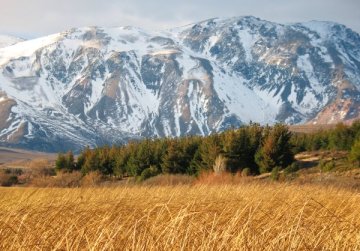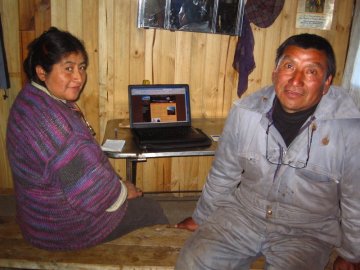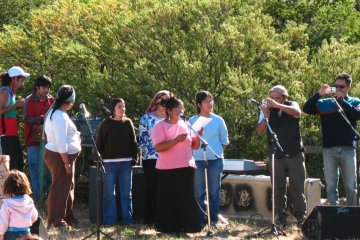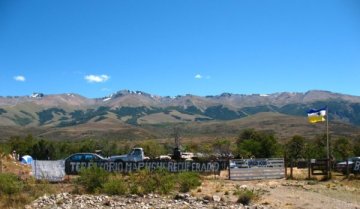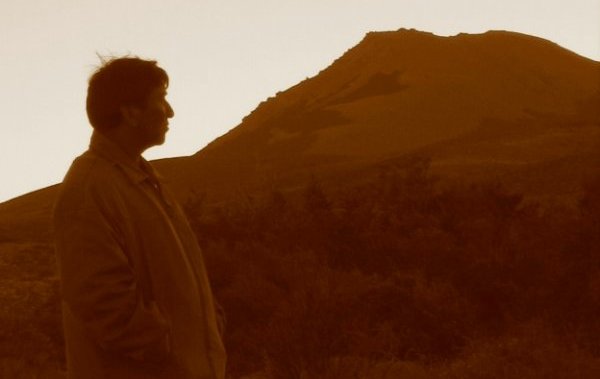
All photos, unless otherwise noted: Asociación MAPU
FOR FIVE WEEKS THIS past July and August, I volunteered with Asociación MAPU in Esquel, Argentina.
The many projects being undertaken by the organization have a common thread: the imperiled land rights of the indigenous Mapuche people.
Here’s what I learned…and more importantly, why you should care.

